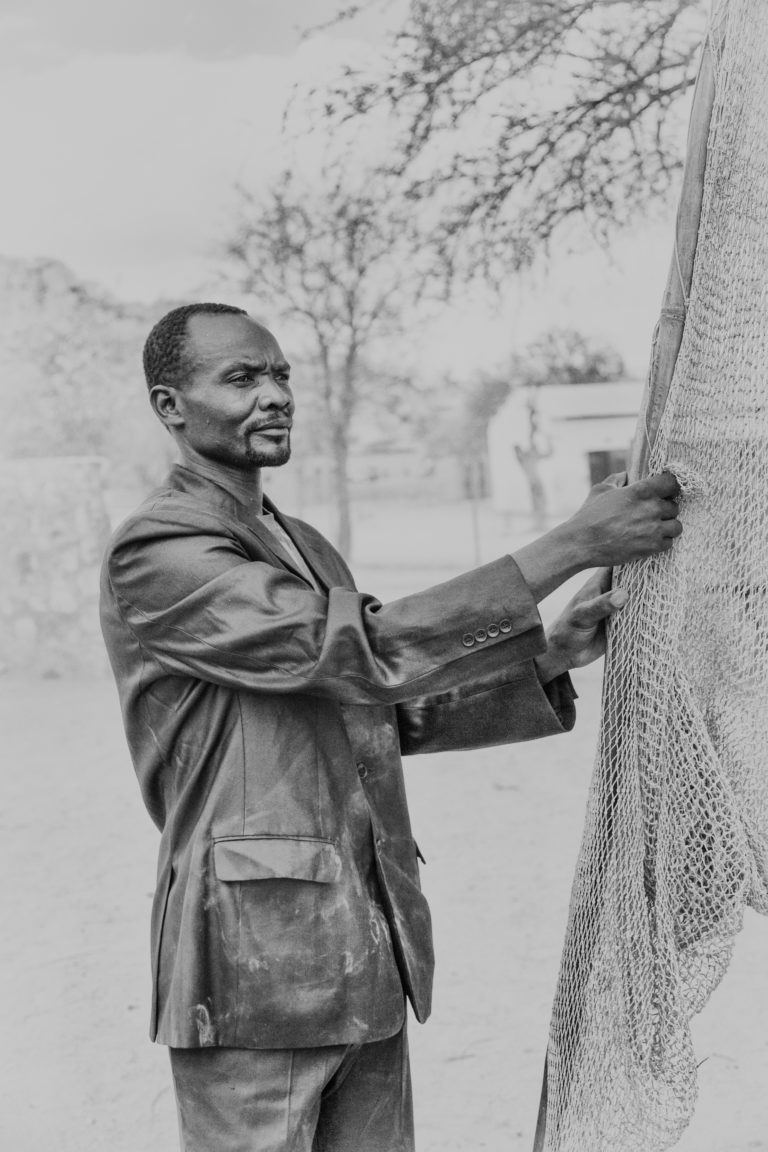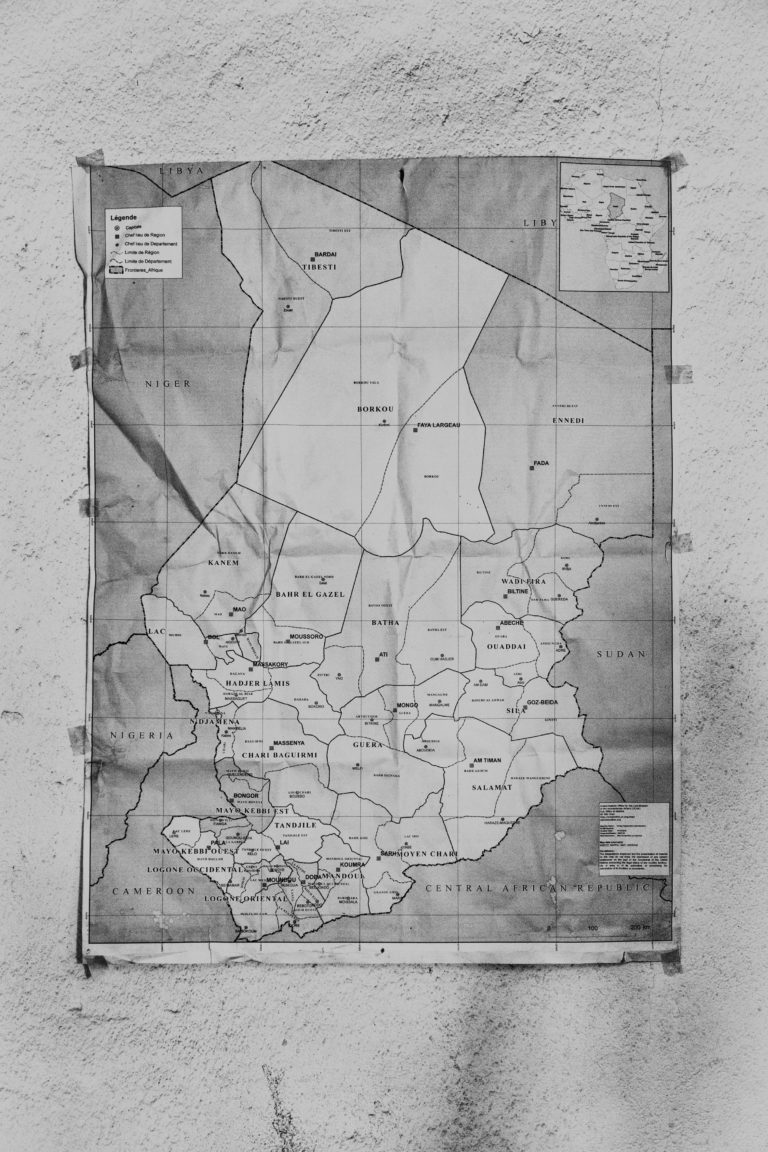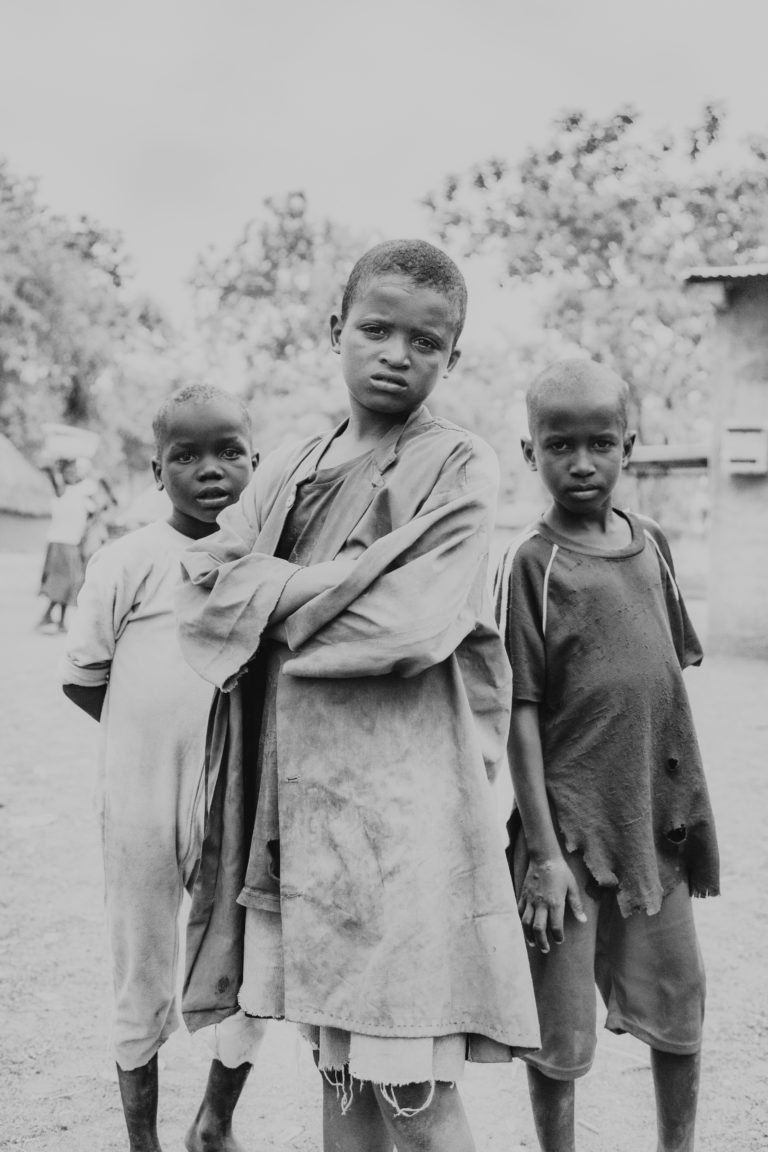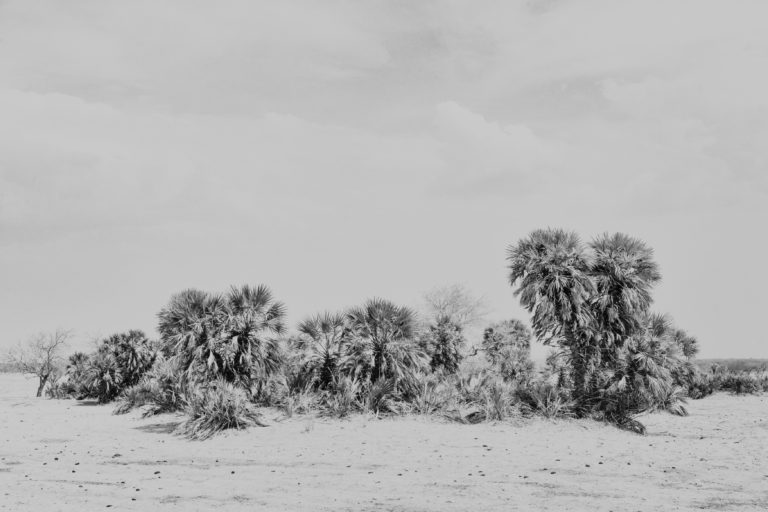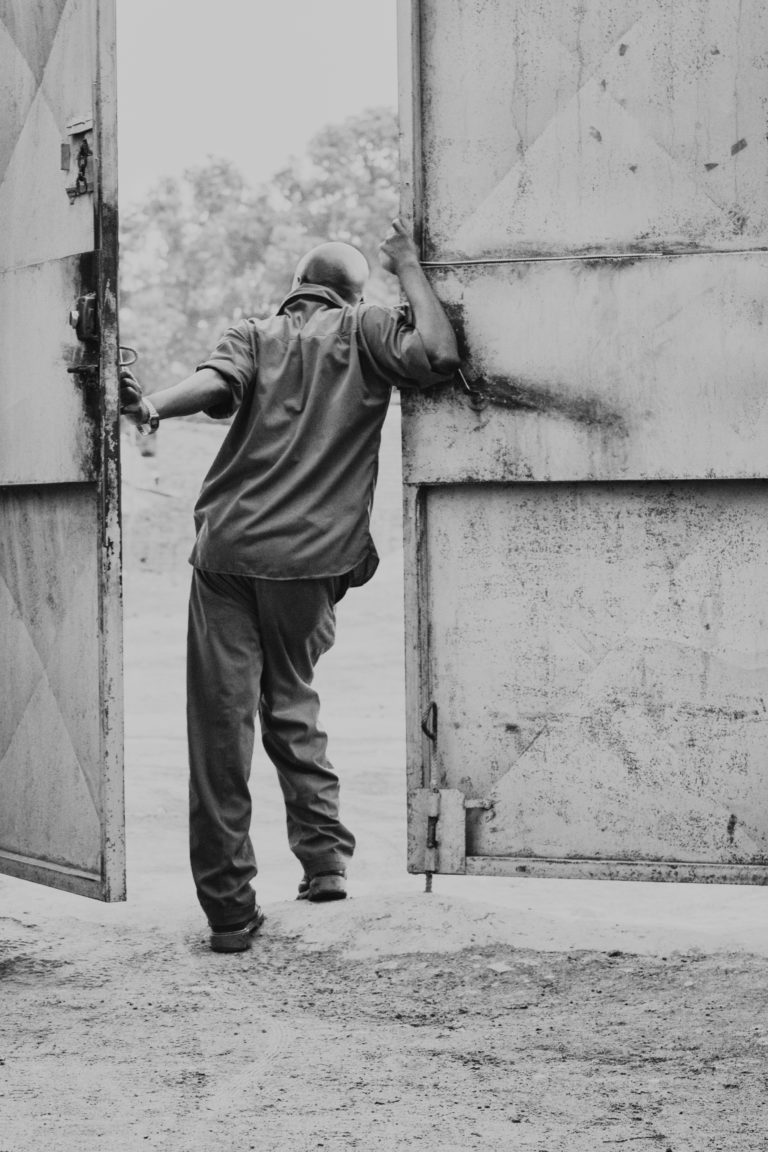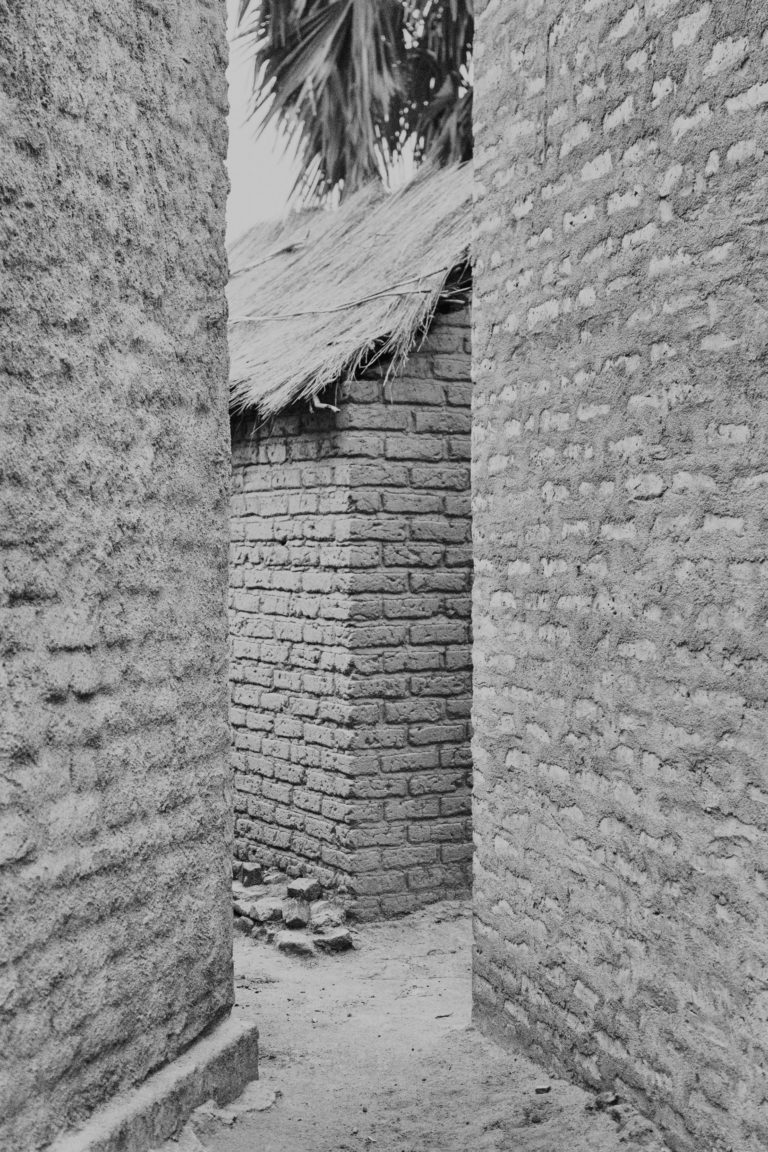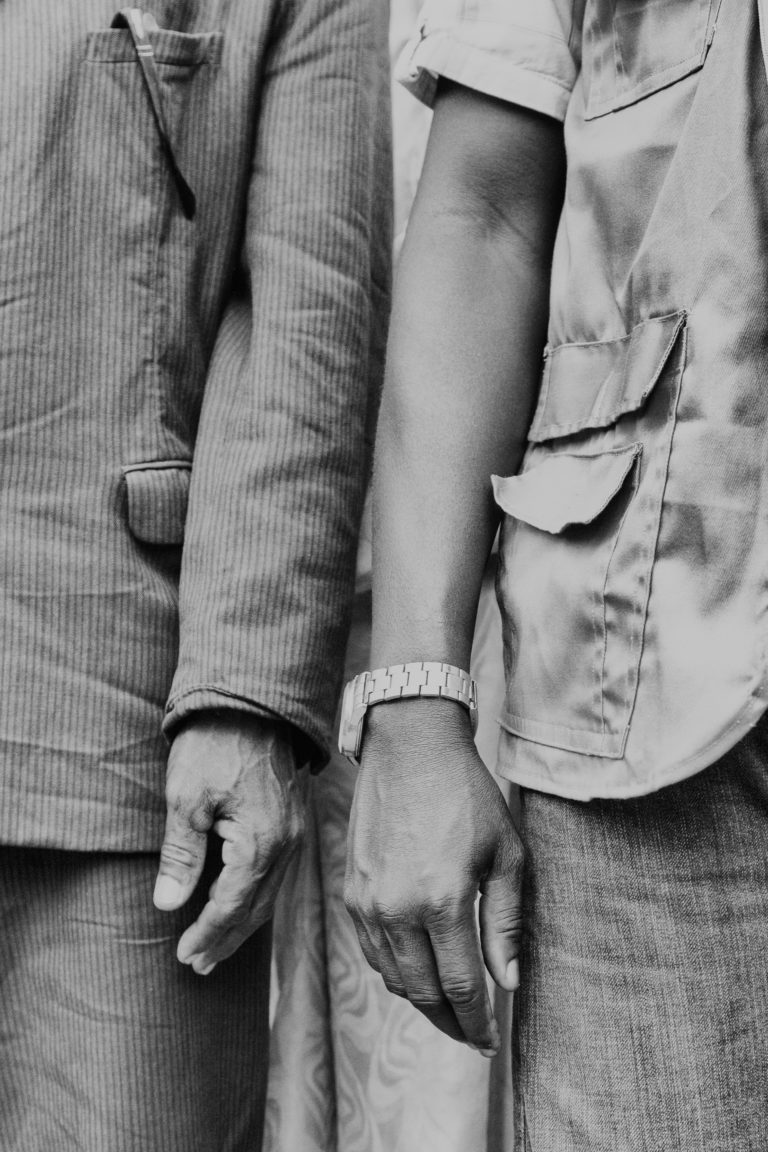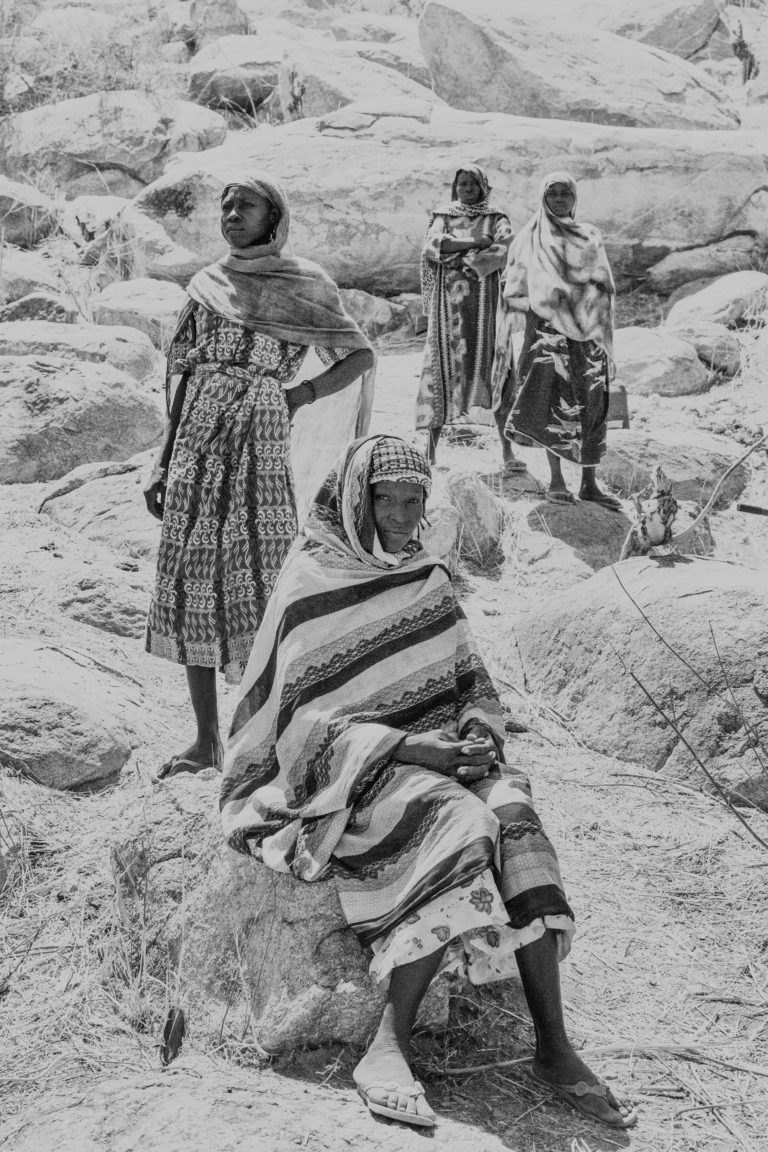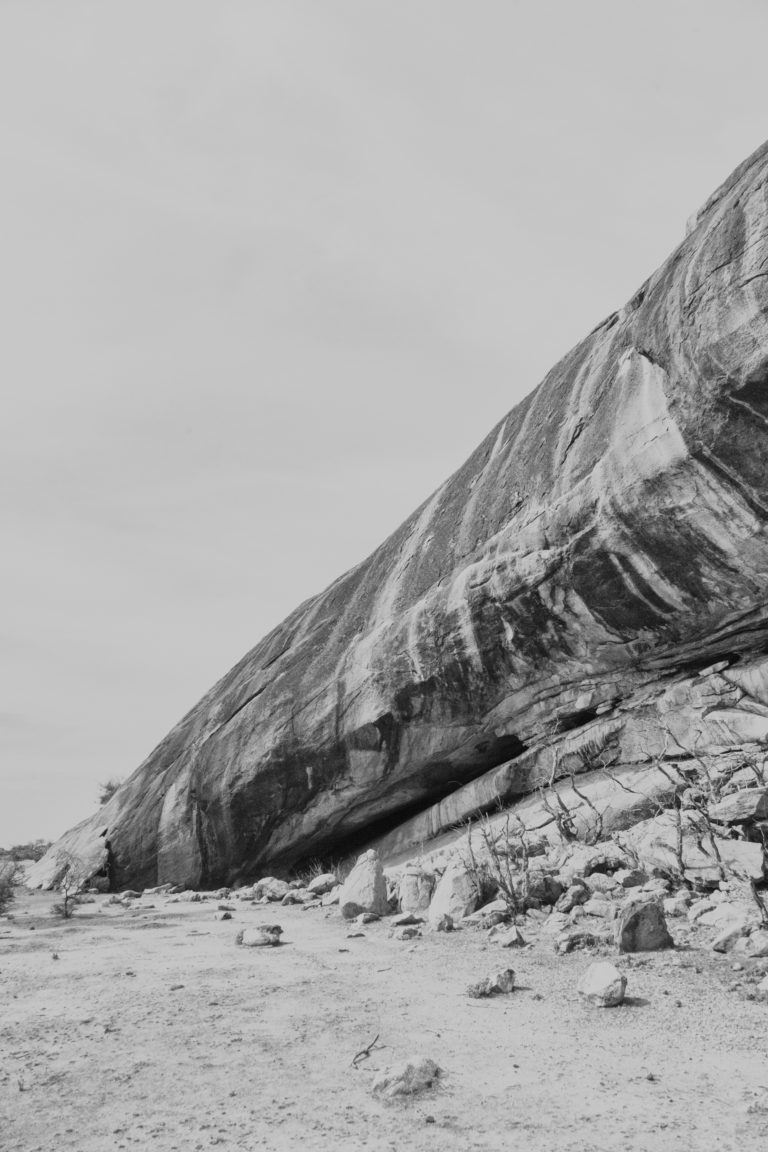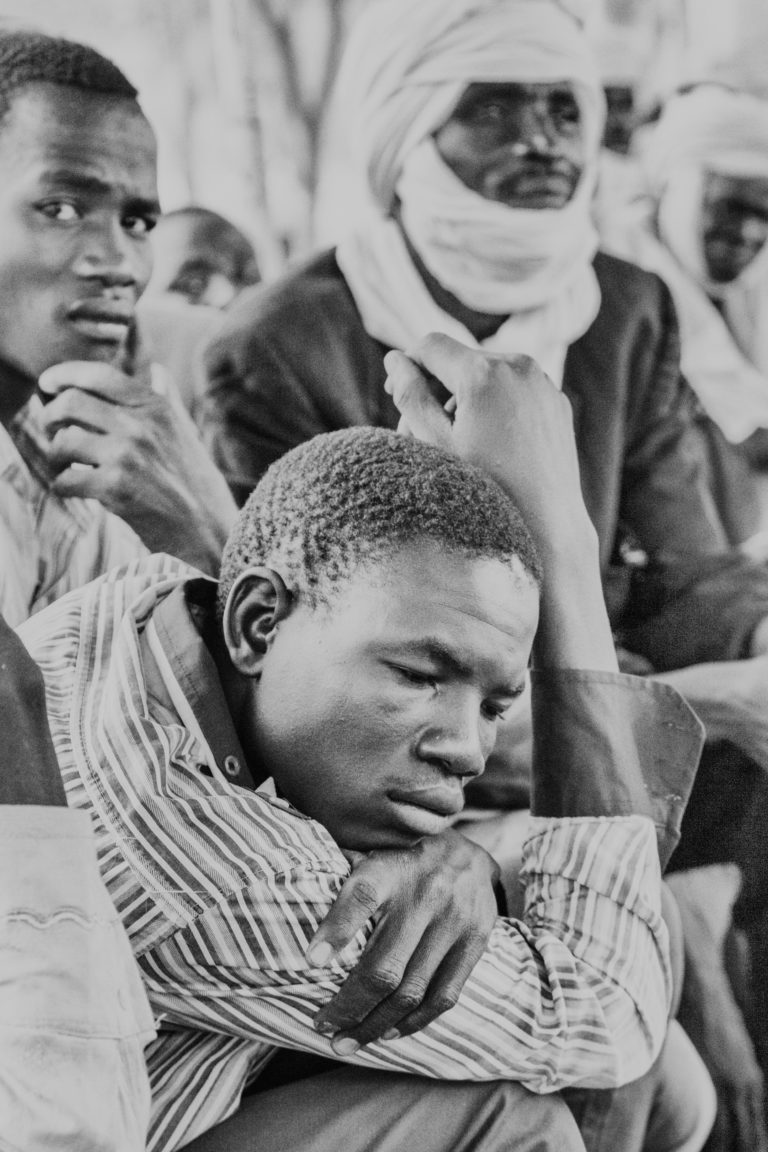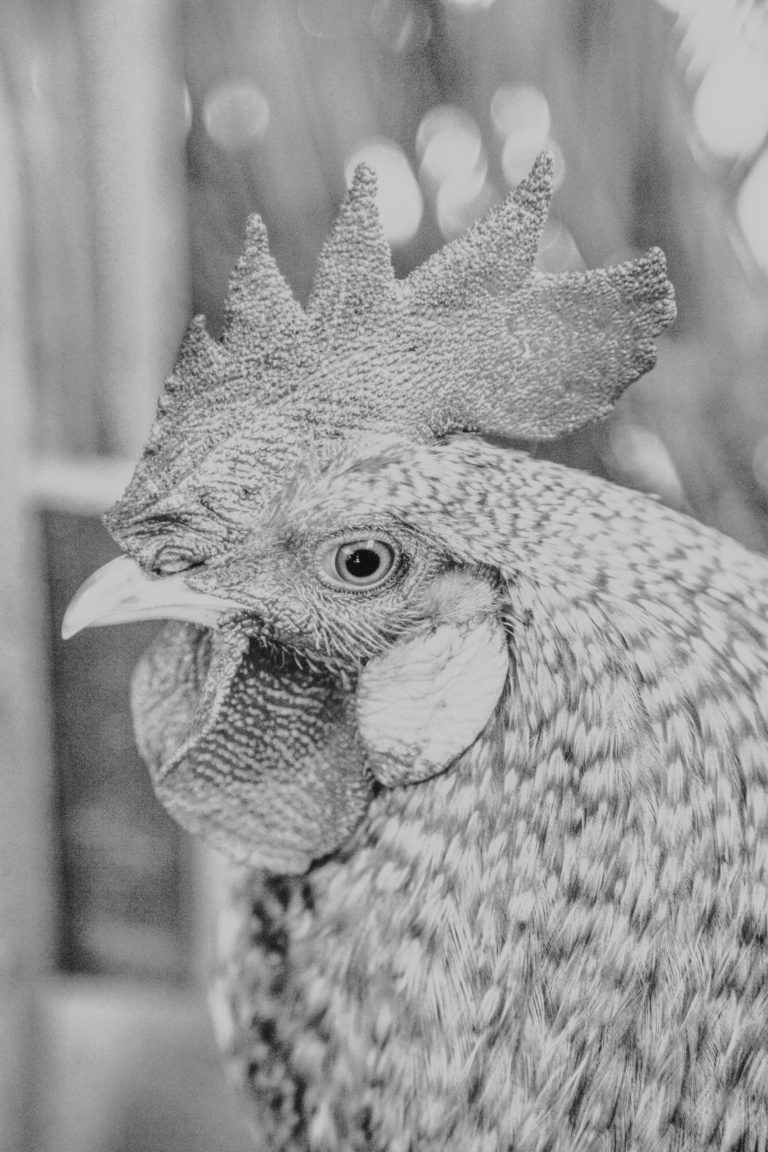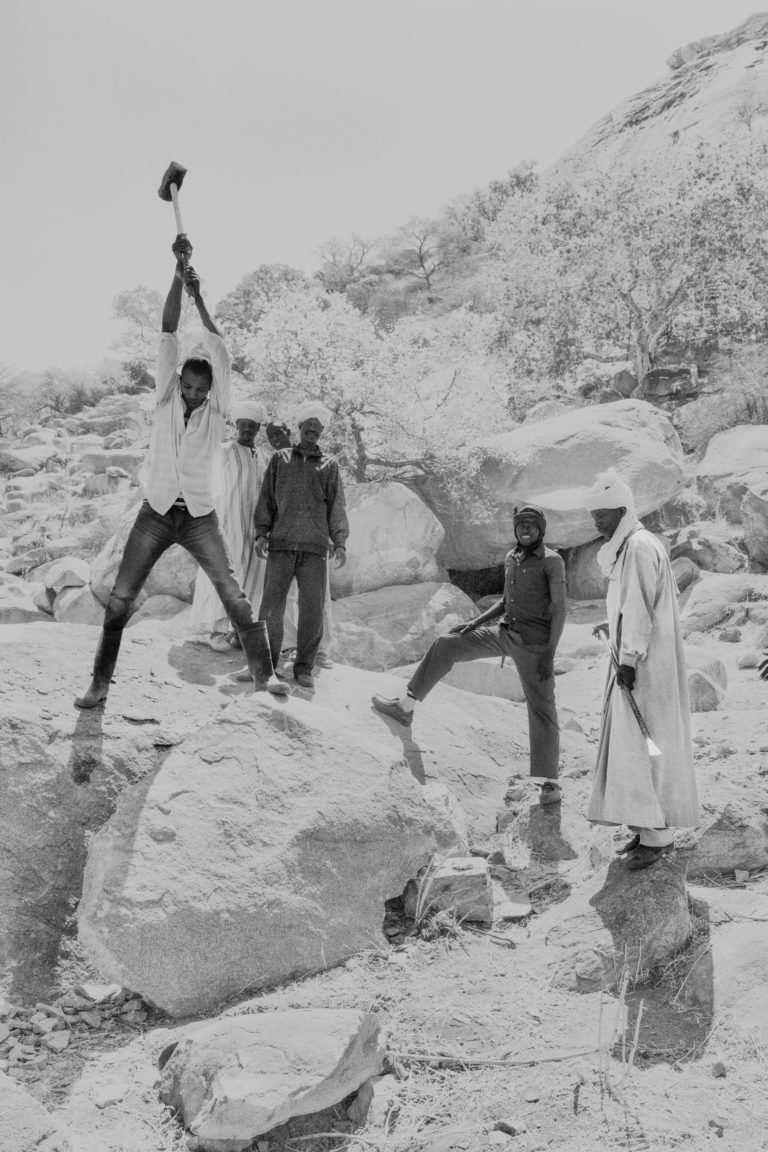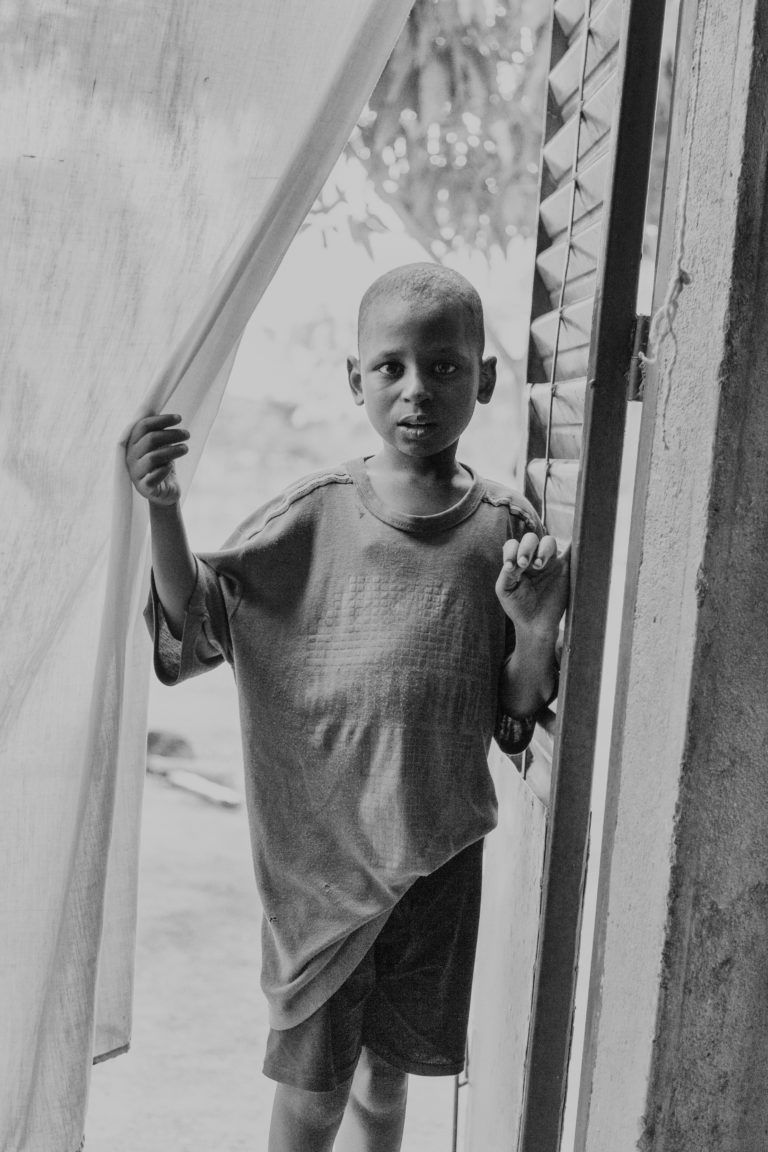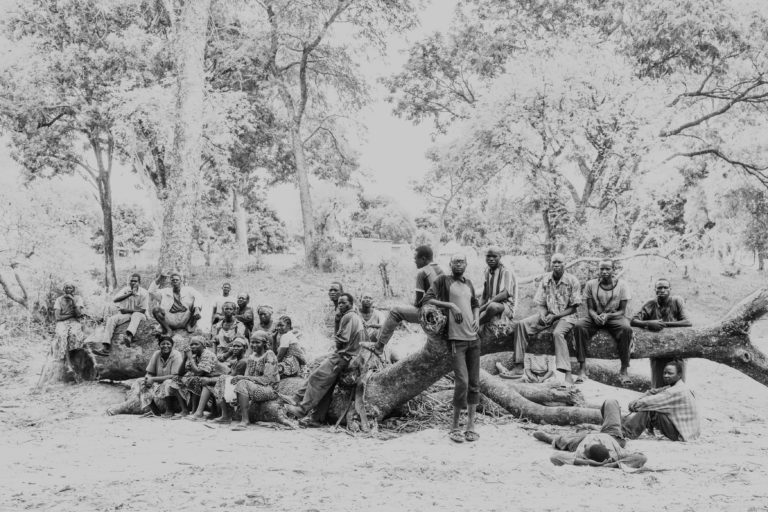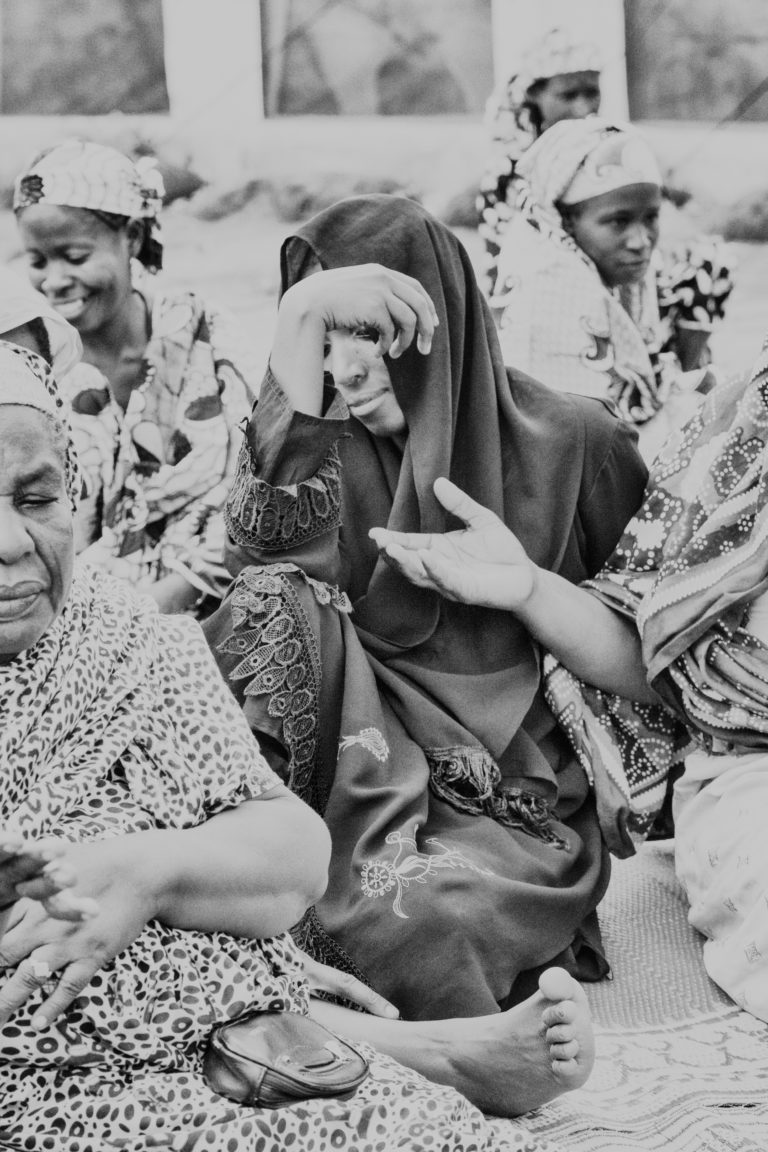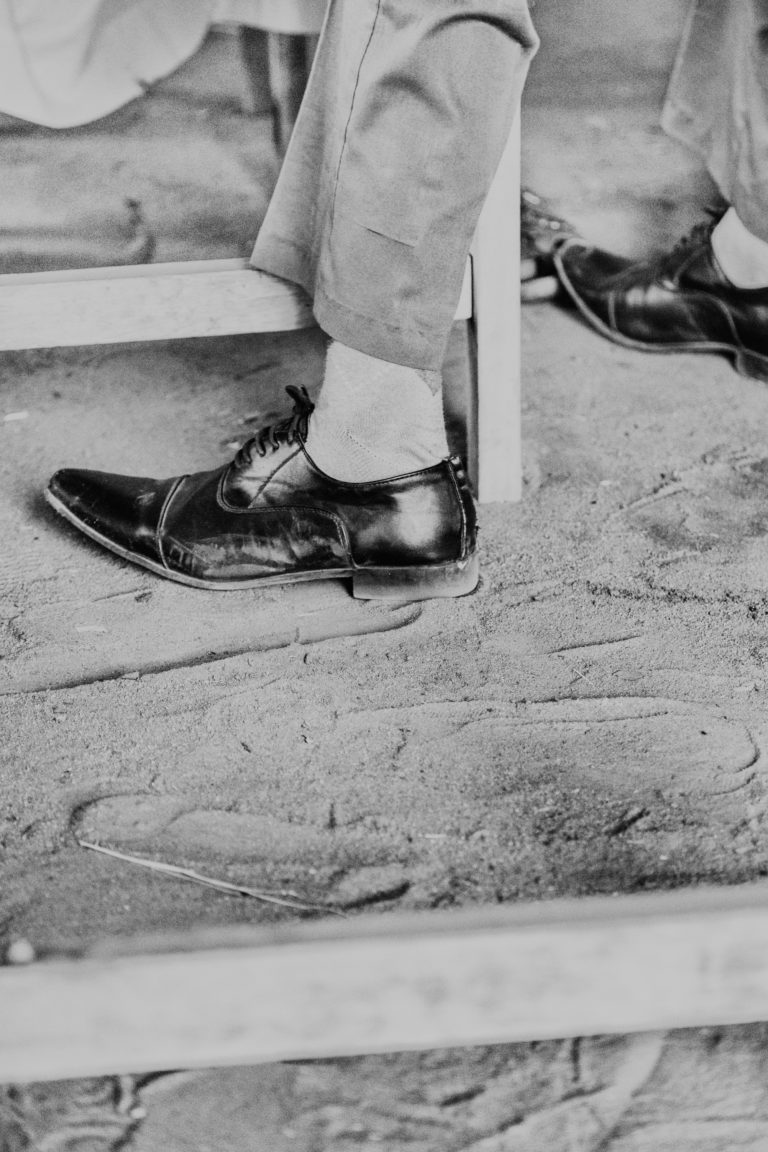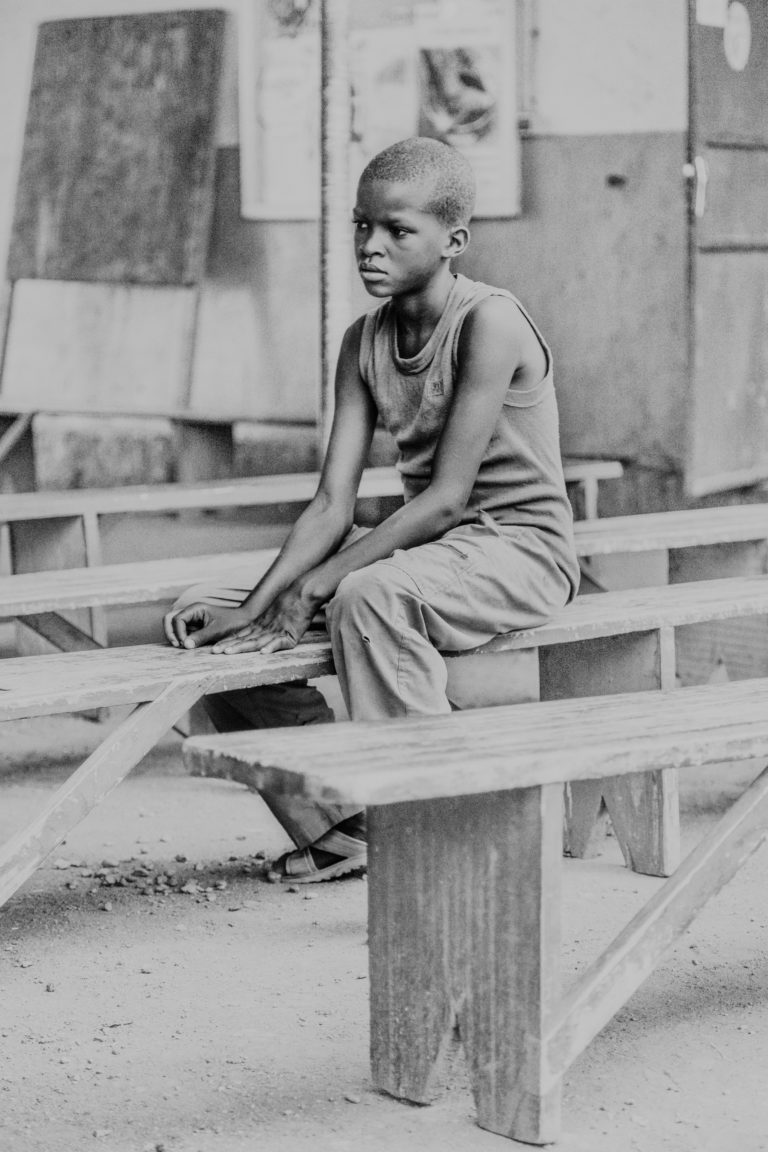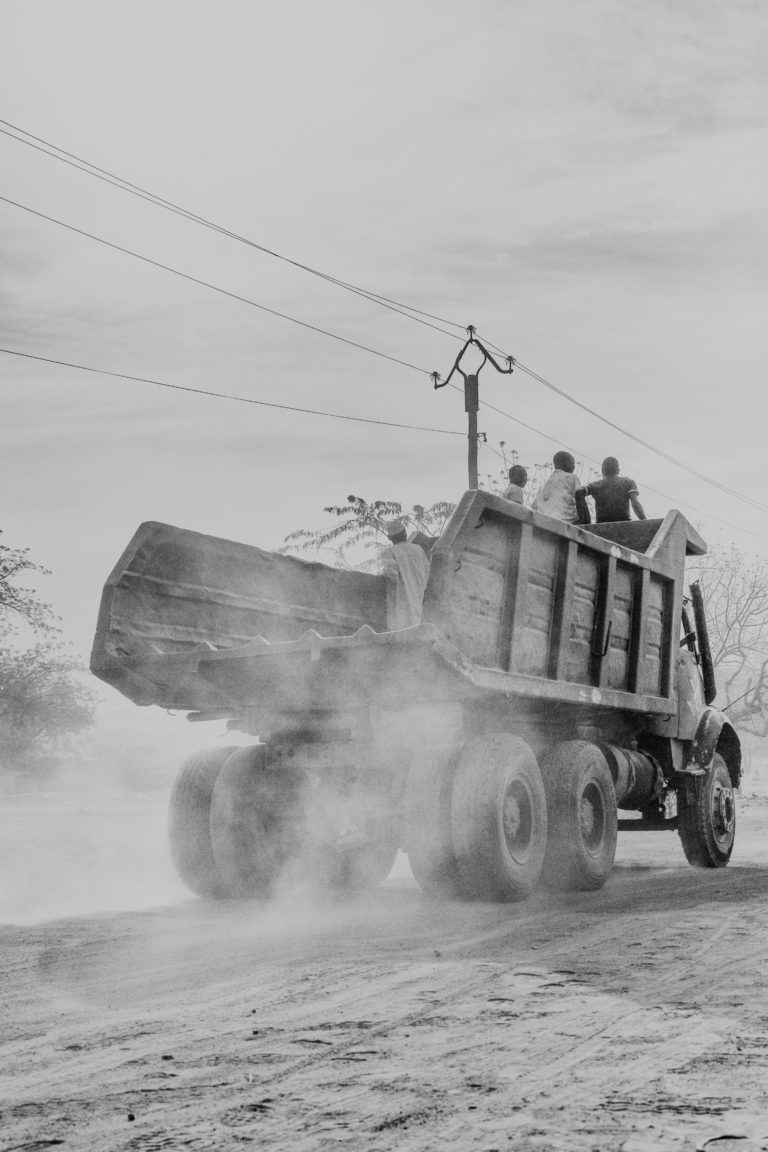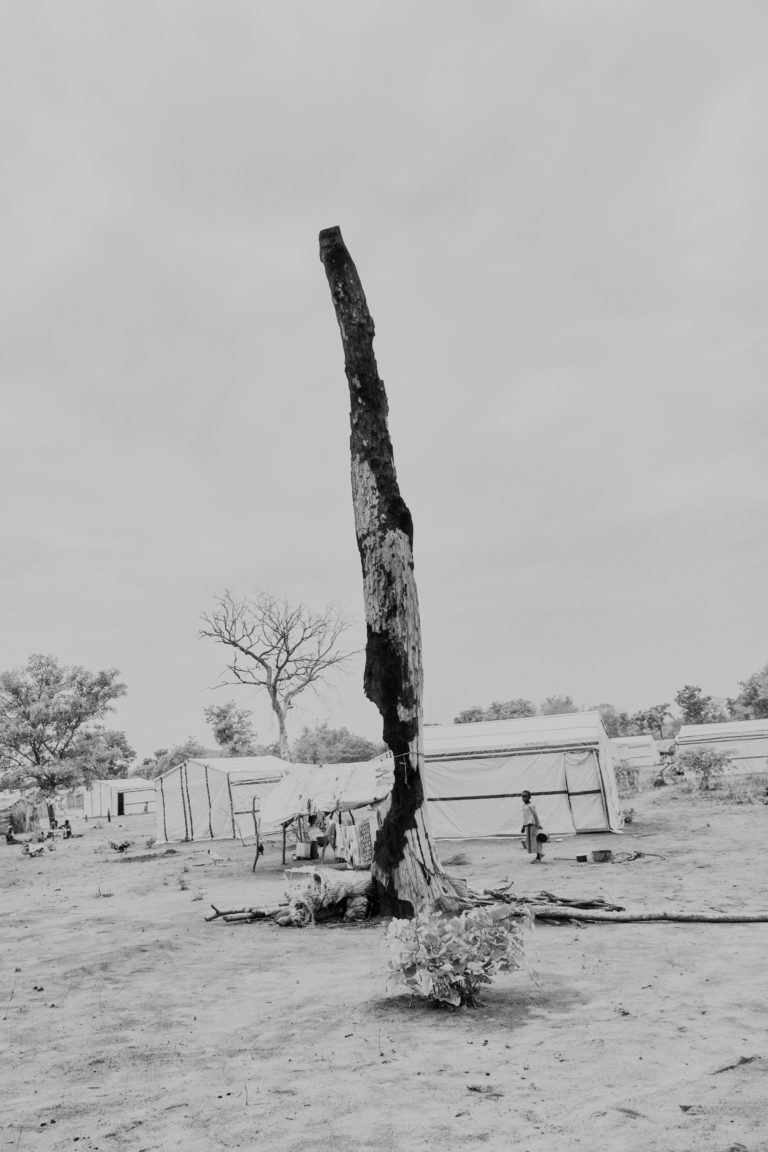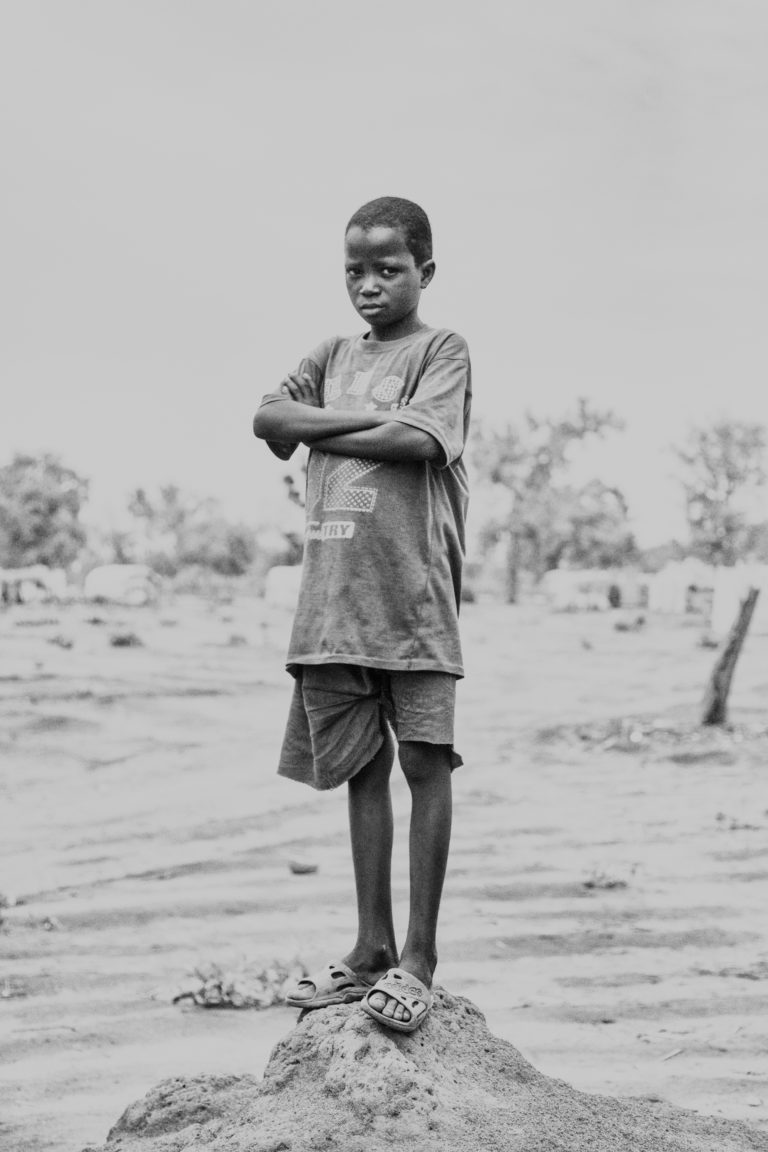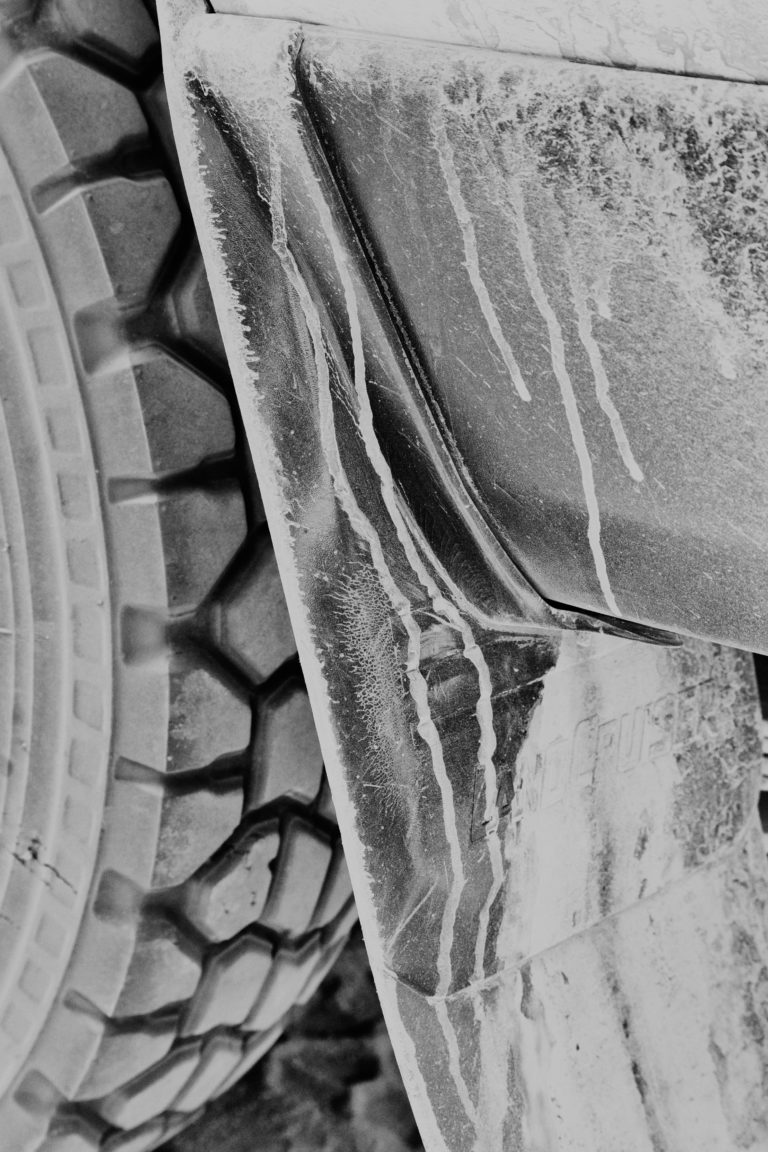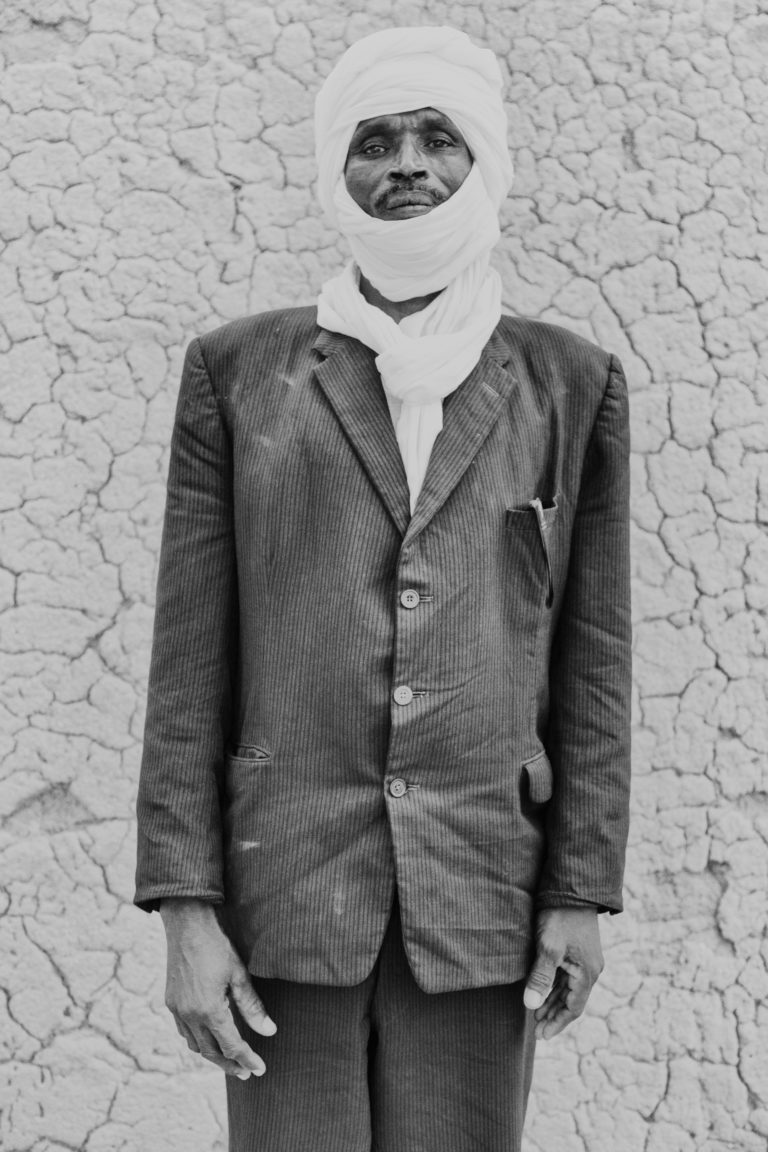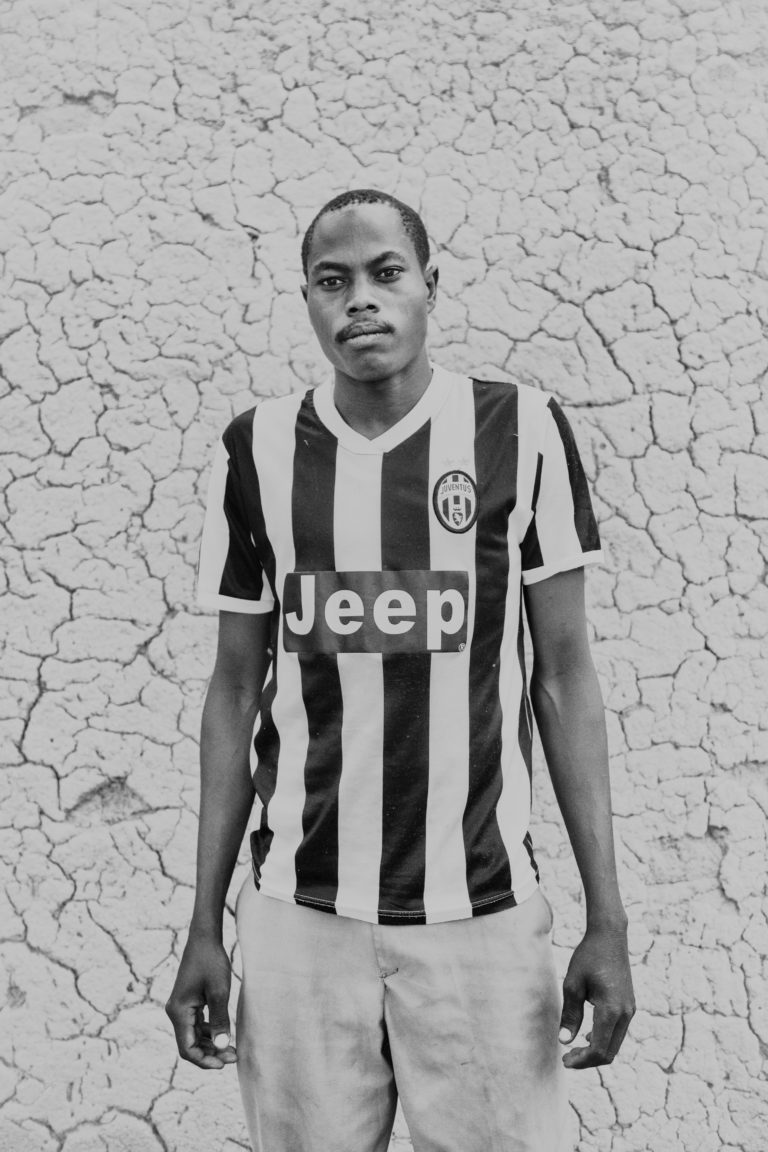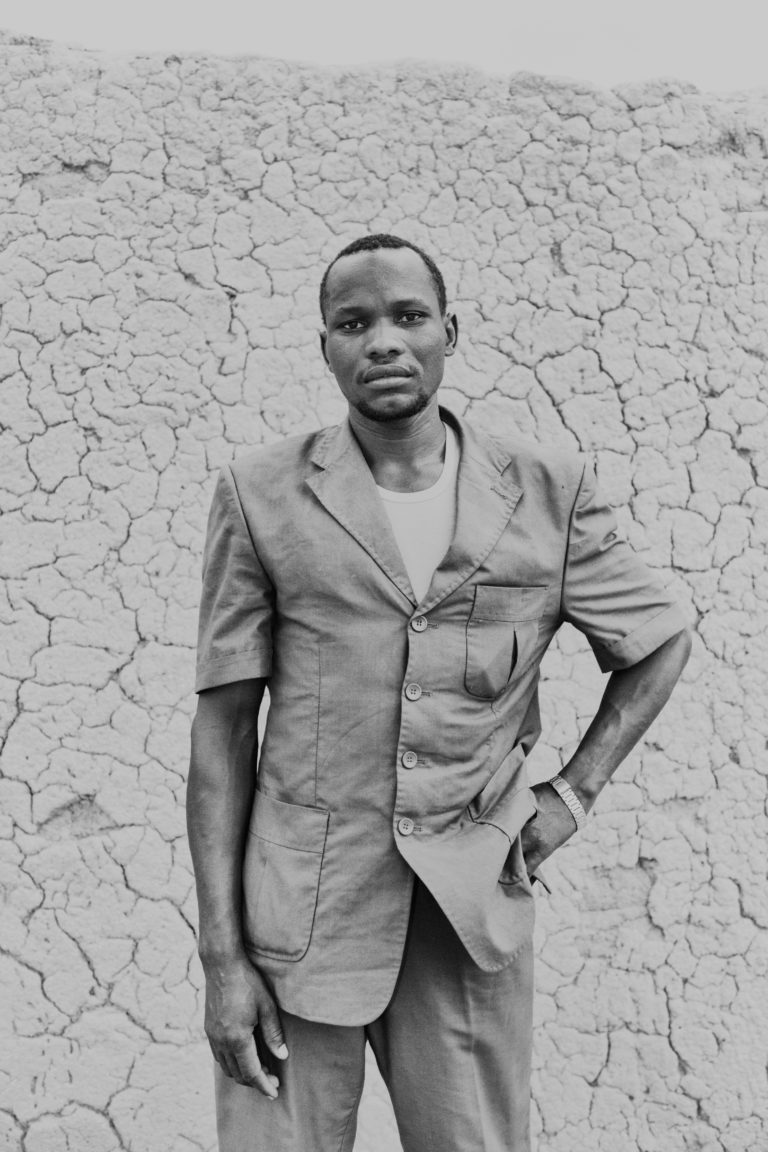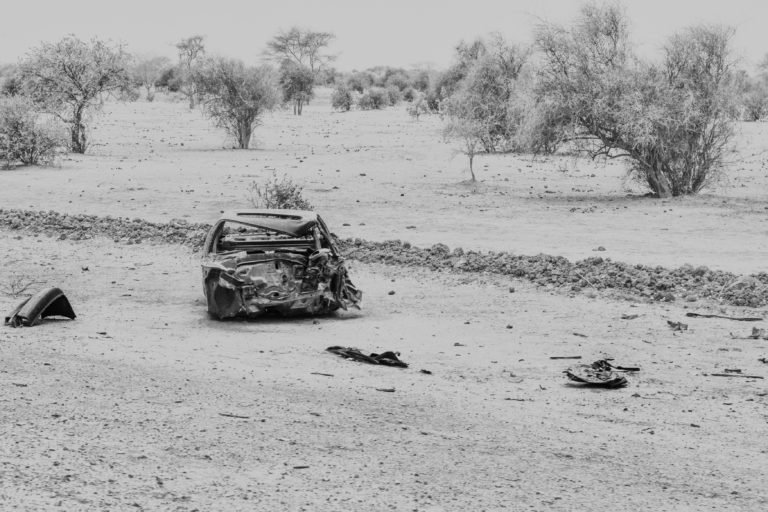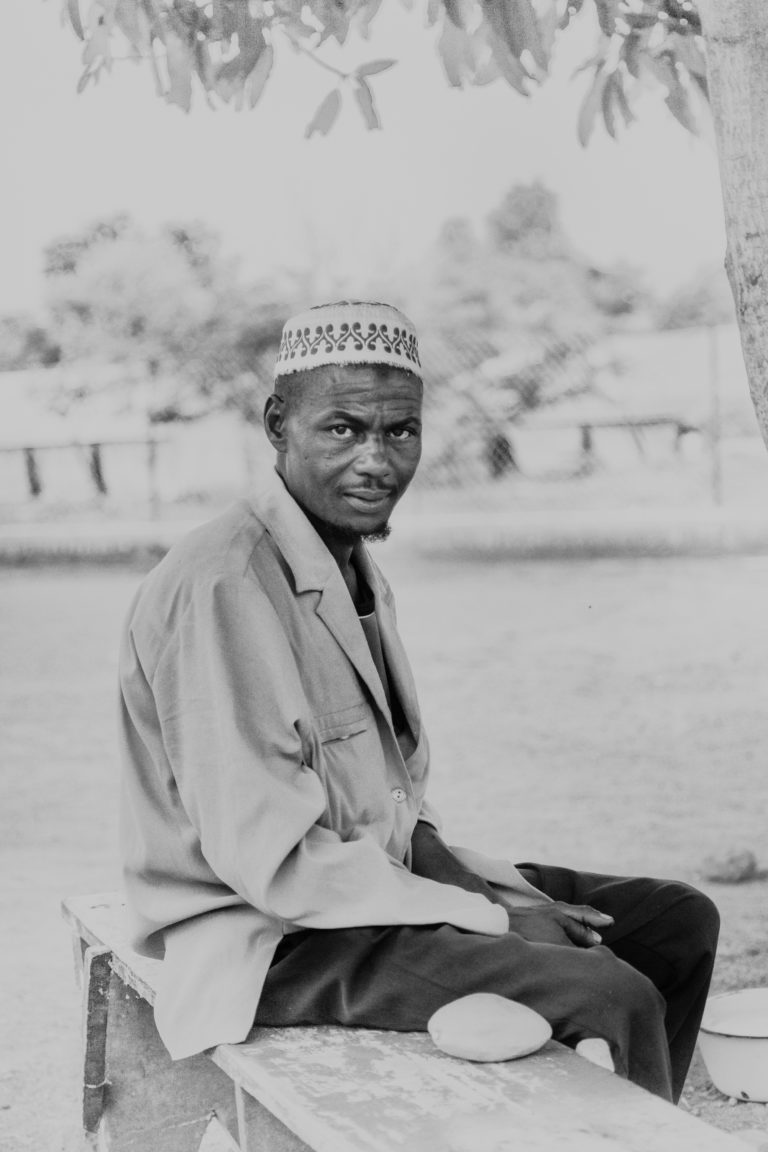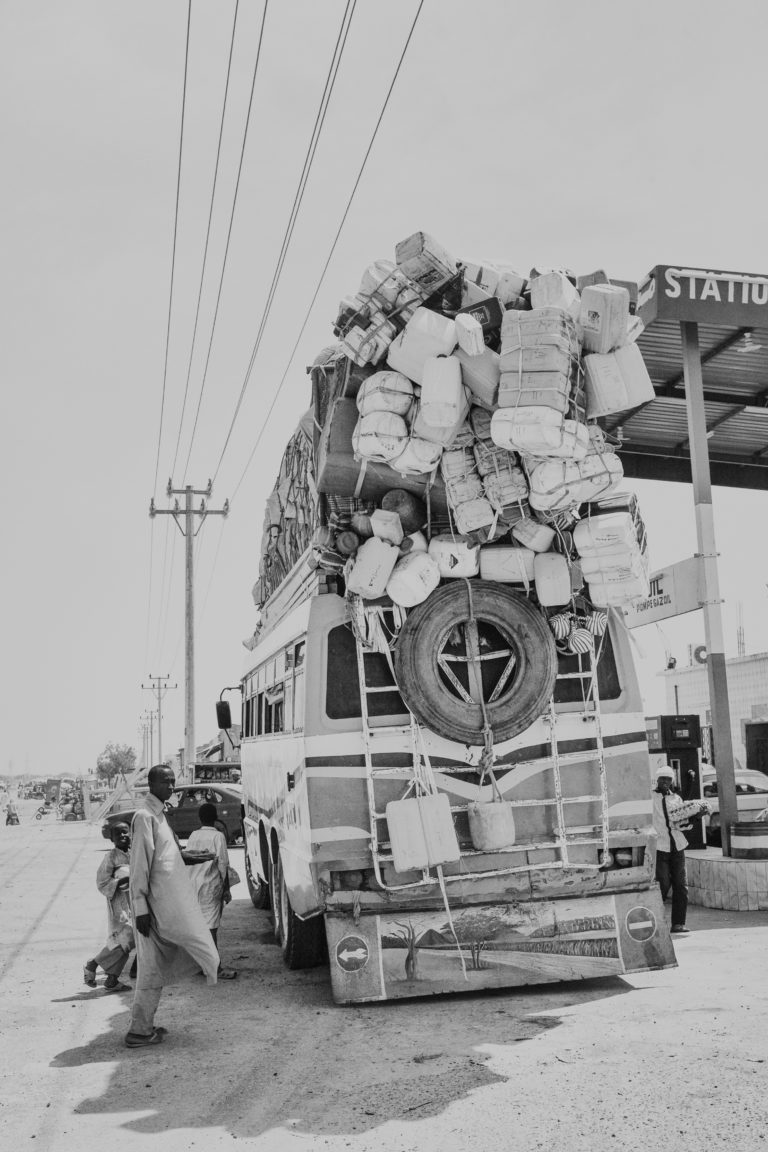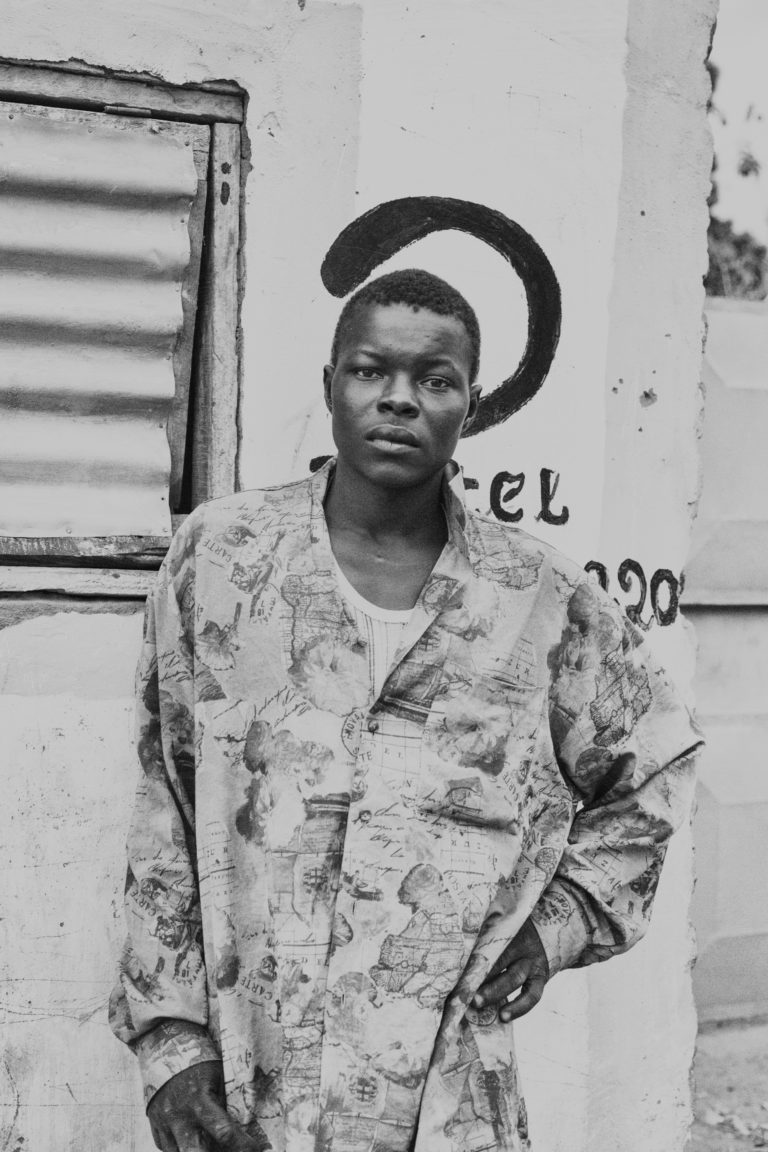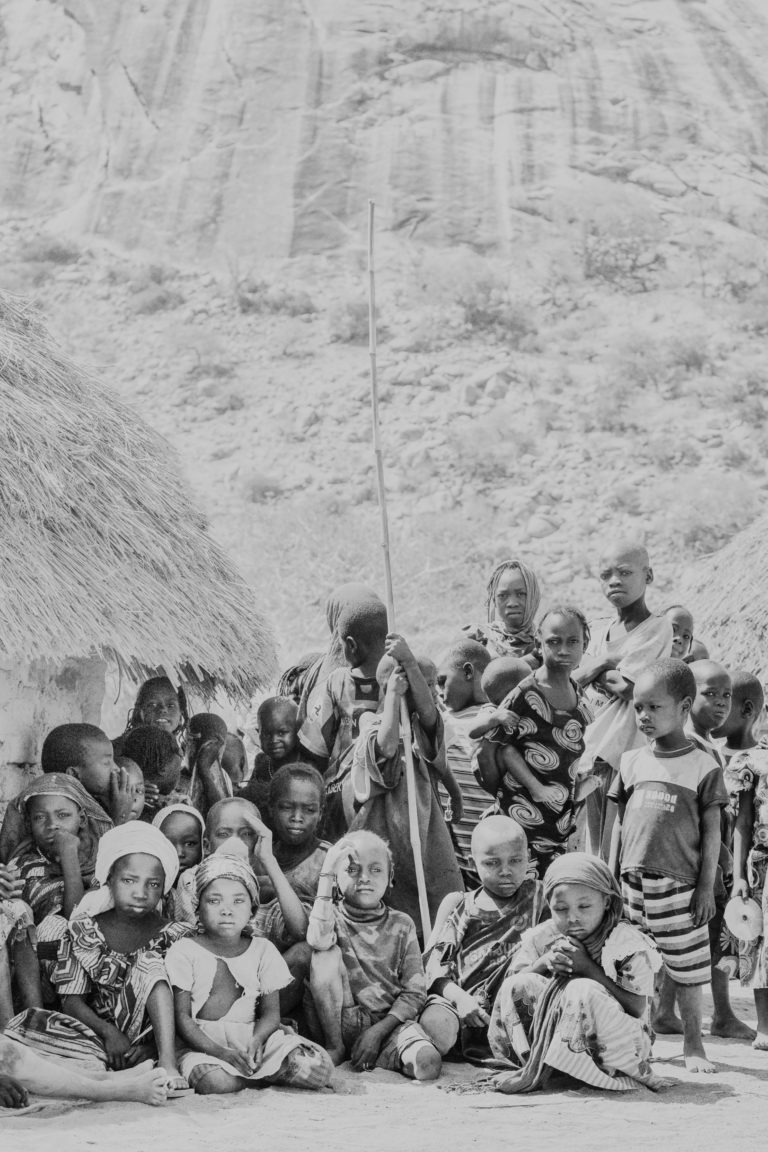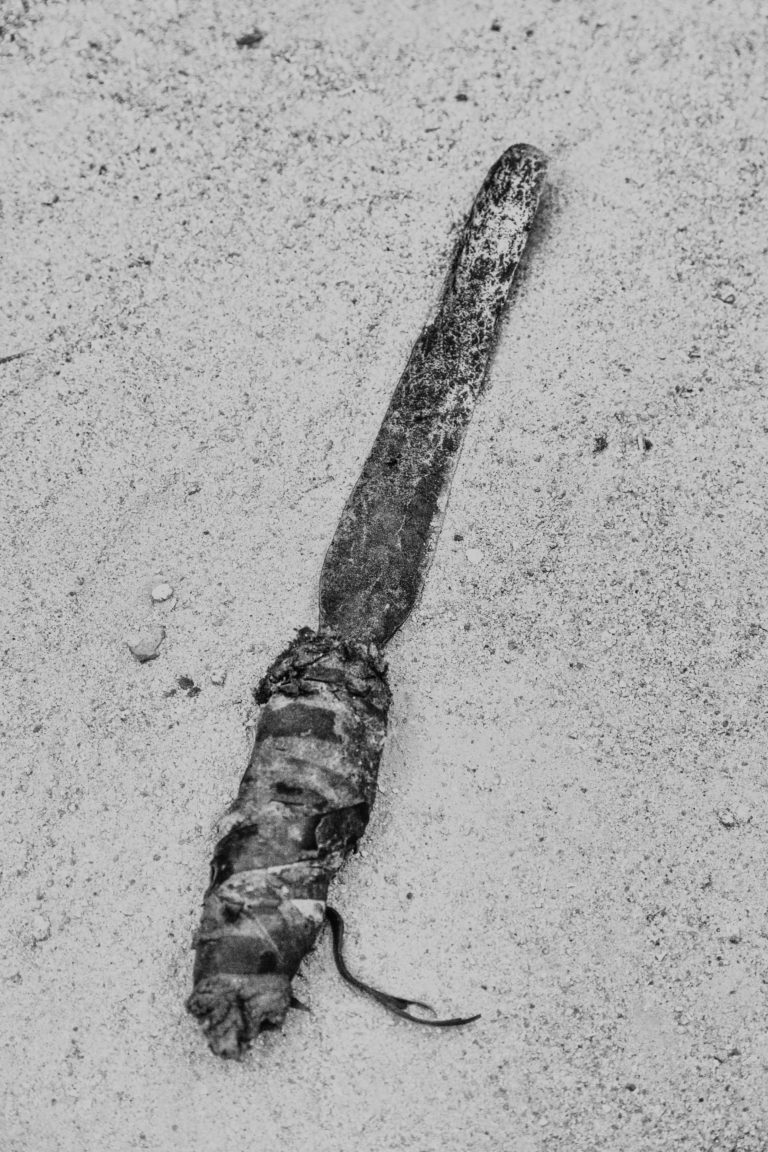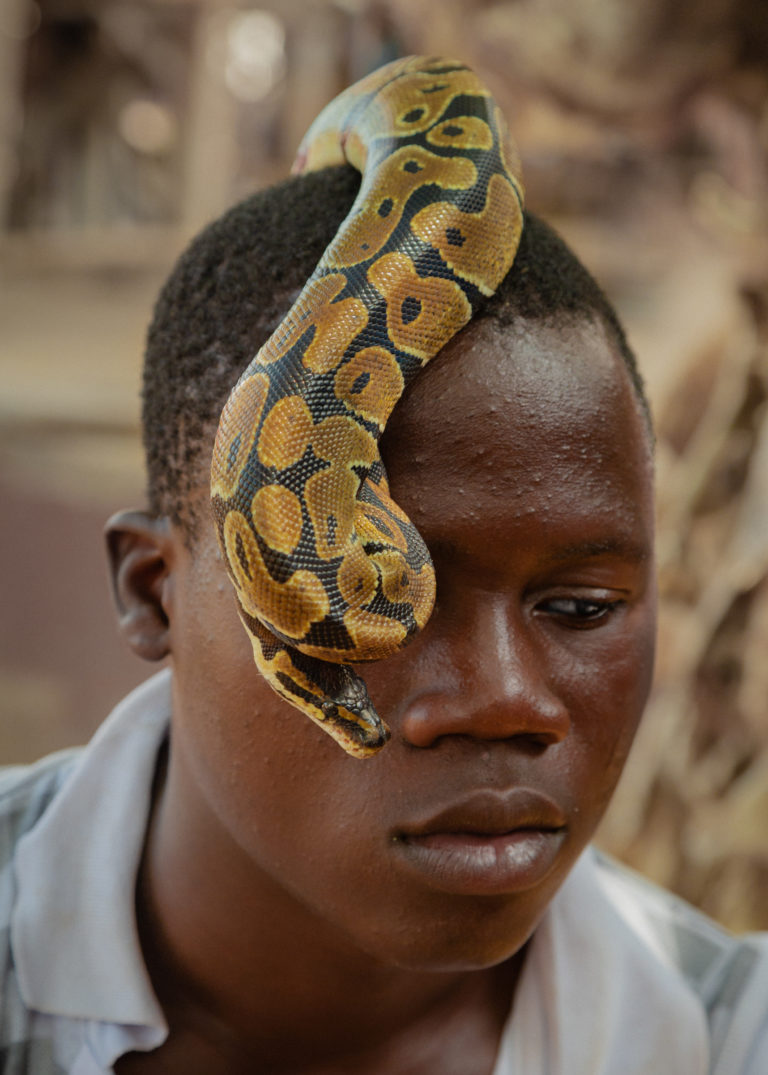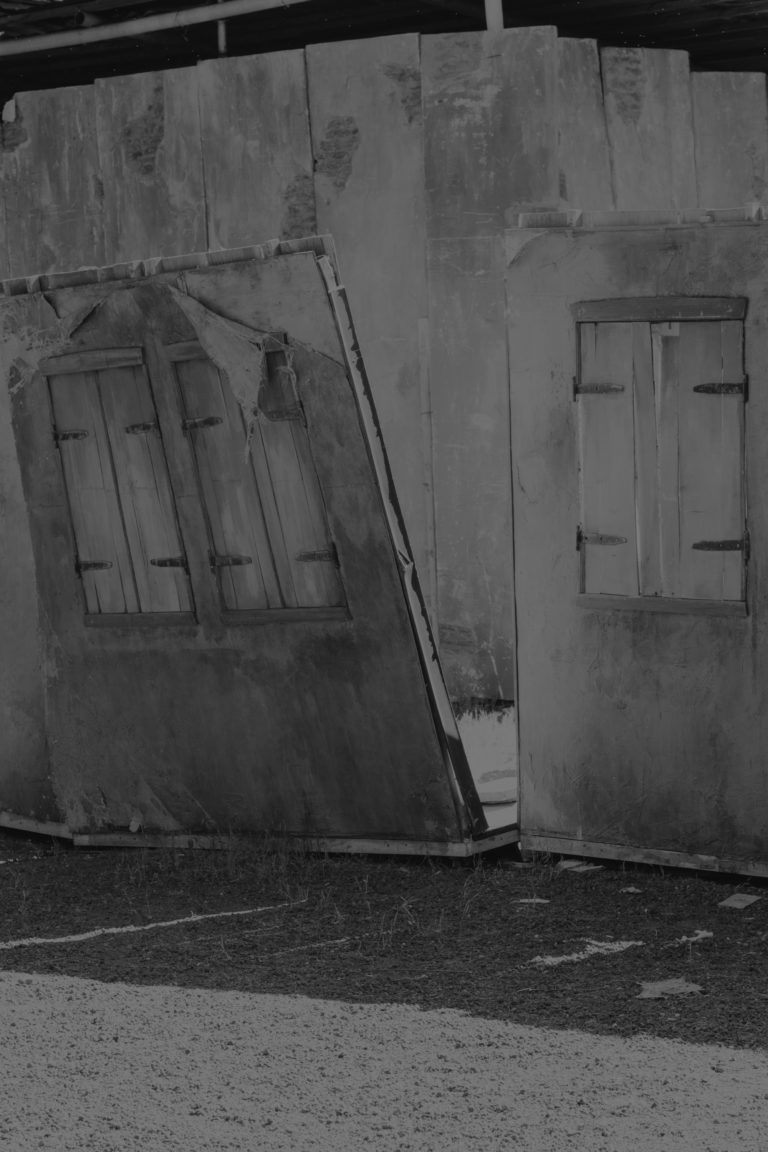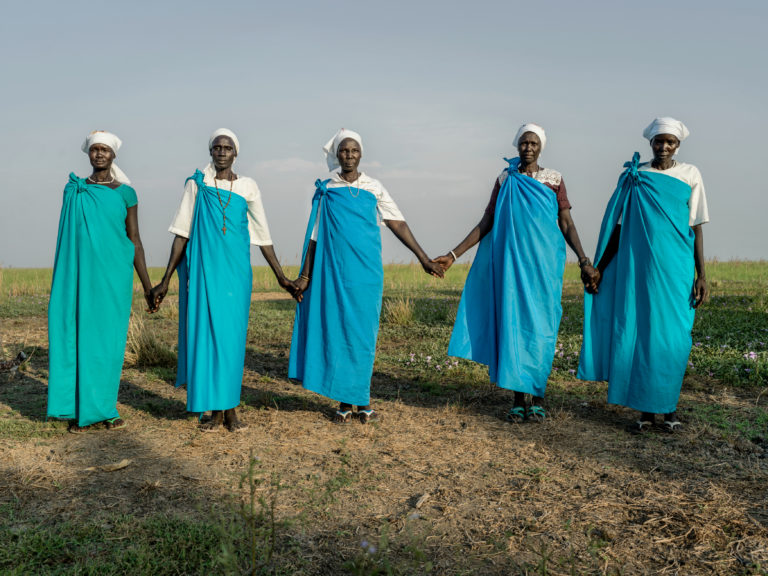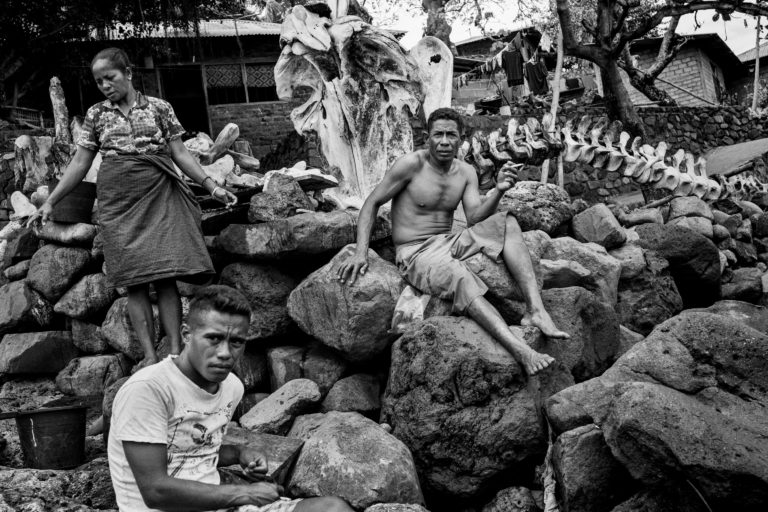N’Djamena, Mongo, Mondou, Gorè, Zama, the refugee camps of Dosseye and Danamadja.
It’s hot everywhere, always, without any truce. People indulge air’s thickness with slow movements. Life is slow, expectations are low.
Chad is one of the poorest and most corrupt countries in the world. Since 1996 power lies firmly in the hands of President Déby and his political party, the Patriotic Salvation Movement. Chad remains plagued by political violence and recurrent attempted coups d’état. The president has prohibited to take pictures in all the country, exploiting the excuse of national security. While the constitution defends liberty of expression, the government has regularly restricted this right, and at the end of 2006 began to enact a system of prior censorship on the media.
Soldiers are everywhere, especially after that Boko Haram has recently attacked the Chadian shore of Lake Chad giving life to new refugee camps near the lake. In the country there are already many refugee camps in the western part of the country near the boarder with Sudan hosting refugees from Darfur and others, more recent, in the southern region of the country near Gorè, hosting refugees from Central African Republic, many of them with Chadian origins, the so-called “Retourné”. In this district that hosts many camps like Dosseye and Danamadja, population has doubled in the last ten years and continues to grow. In order to save their lives and the lives of their children, tens of thousands of people have escaped across the boarder leaving all their belongings. Now they have nothing and the only source of energy is the wood of the forests. Walking around, here you can see many threes marked with a red cross; ministry’s officials have started to protect this territory from a wild deforestation that would make this territory barren and spare like the rest of the country.
In the centre of Chad, 400 hundreds kilometers east of N’Djamena, Guerà is a desert region where people struggle everyday with the environment in order to survive. There a tribe of hunters is hired by villages in order to hunt with their huge webs the small birds that eat cereals. The hunters eat these birds, the reward for their work; that meat would be precious for the inhabitants of such a poor region but those animals are not killed in a way that fits with muslim religion.
Chad has more than 200 distinct ethnic groups which create diverse social structures. The colonial administration and independent governments have attempted to impose a national society, but for most Chadians the local or regional society remains the most important influence outside the immediate family.
Chad’s greatest ally is France, which maintains more than 1000 soldiers in the country. Déby relies on the French to help repel the rebels, and France gives the Chadian Army logistical and intelligence support for fear of a complete collapse of regional stability. Nevertheless, Franco-Chadian relations were soured by the granting of oil drilling rights to the American Exxon company in 1999.
Discouraged refugees, young rascals, stubborn farmers, proud birds hunters, industrious brides, wise old men. I’ve collected some pieces of a broken country.
